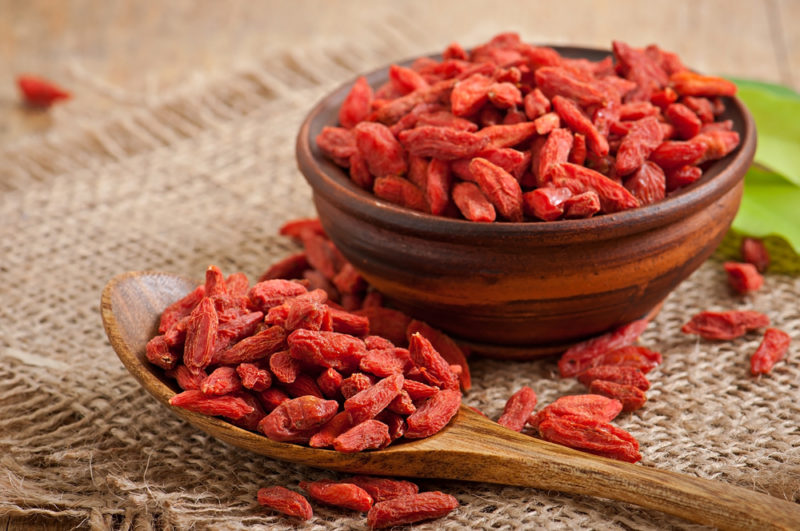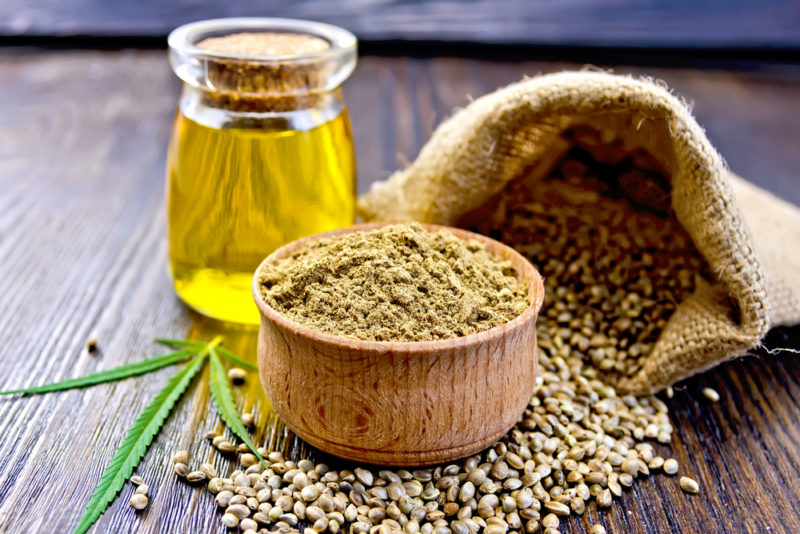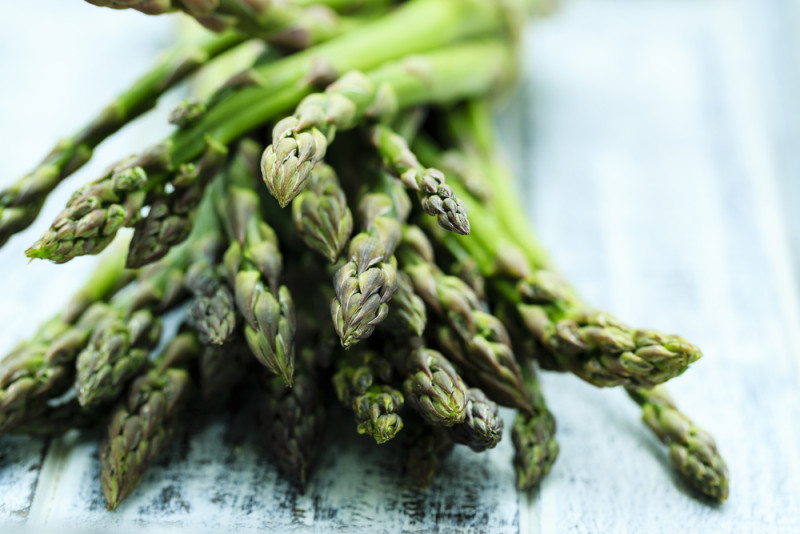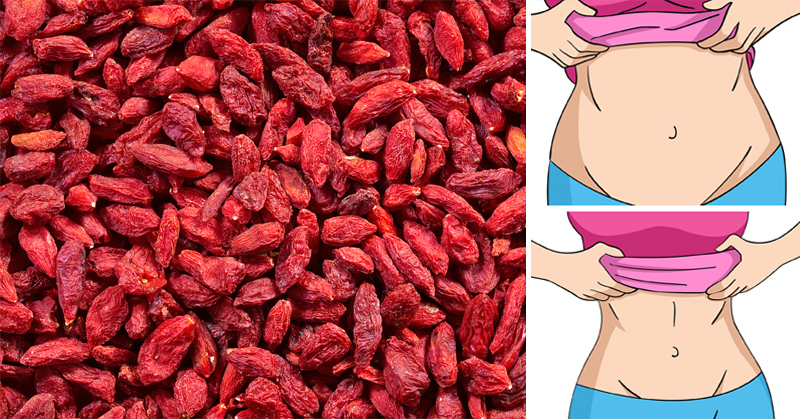Most people think that animal foods contain the highest levels of protein, ounce for ounce, but some plant foods actually provide more protein than meat. Yes, that bears repeating: ounce for ounce, some plant foods even outshine meat for protein. Check out this recipe to see how it’s done.
In addition, plants are lower in fat and higher in micronutrients, such as vitamins, minerals, and antioxidants. If your body is getting enough protein, then you’ll be able to build lean muscle, burn fat, and lose weight.
Here are 8 high-protein plant foods you should add to your diet:
1. Spirulina
This “micro-algae” powder is a complete protein source. In fact, just one tablespoon contains 4 grams! Ounce for ounce, it’s the highest protein source of any food–even meat! It’s also a great source of other nutrients, including B vitamins, potassium, copper, iron, and magnesium. Studies have shown that spirulina can help balance blood sugar levels. Spirulina also contains anti-inflammatory properties that can help keep your body healthy and energized. (1)
2. Goji Berry
Another source of all the amino acids your body needs, Goji berries contain 12 grams of protein per cup. Ranked the #1 superfood in Chinese medicine, this superfruit is packed with Vitamin C and essential amino acids the body needs to stay healthy and strong. Goji berries also contain free-radical scavenging antioxidants that are believed to help protect the body from cancer. And they taste good! Grab a handful as a quick between-meal snack to keep energy levels up. (2)

3. Bee Pollen
Sure, bee pollen isn’t a plant, but bees create it from the noble essence of the flowers and trees all around us. More than just a complete protein, bee pollen contains over 5,000 enzymes that help support a healthy immune system. Amazingly, bee pollen contains just about every nutrient the human body needs. In fact, it’s considered to be the most complete food found in nature! (3)
4. Hemp Seeds
Hemp seeds are a high-quality plant protein source. They contain 11 grams of protein per 3 tablespoons. The protein is highly digestible, and the seeds also contain fiber, which helps promote healthy digestion. The omega-3 fatty acids in hemp seeds support brain development and heart health. (4)

5. Broccoli
Whether you love it or you hate it, broccoli and broccoli sprouts, in particular, provide a higher protein content than many other vegetables. One cup of broccoli contains 2.6 grams of protein, along with essential amino acids. Broccoli provides anti-inflammatory benefits for the body, and its antioxidants can help stimulate a liver detox to keep things running smoothly. (5)
6. Asparagus
One cup of asparagus contains 2.9 grams of protein. It also contains B vitamins, copper, magnesium, and vitamins A and K. Asparagus, known for both anti-inflammatory and anti-cancer properties, also contains compounds that help stimulate the growth of friendly intestinal bacteria, to keep your gut happy and healthy. (6)

7. Brussels Sprouts
One cup of Brussels sprouts contains 3 grams of protein and 3.3 grams of fiber. And that fiber is great for gut health! Brussels sprouts are also rich in folate, magnesium, potassium, iron, and calcium. In fact, studies have shown that Brussels sprouts can promote the growth of healthy intestinal bacteria and stimulate the production of short-chain fatty acids in the gut. (7)
8. Cauliflower
One cup of cauliflower contains 2 grams of protein and only 25 calories. So it’s about 30% protein! Cauliflower is also high in compounds that have anti-cancer, antioxidant, and anti-inflammatory properties. On top of that, cauliflower is also a great source of Vitamin K, Vitamin C, potassium, magnesium, calcium, and iron. But keep in mind that raw is better than boiled. You’ll lose some nutrients during cooking, and the protein becomes denatured at high temperatures. (8)
Should you stop eating meat and focus on high-protein plant foods instead?
Additional Sources:
NCBI
Mind Body Green
NCBI
The World’s Healthiest Foods
Wellness Mama
Real Raw Food
Natural Society


